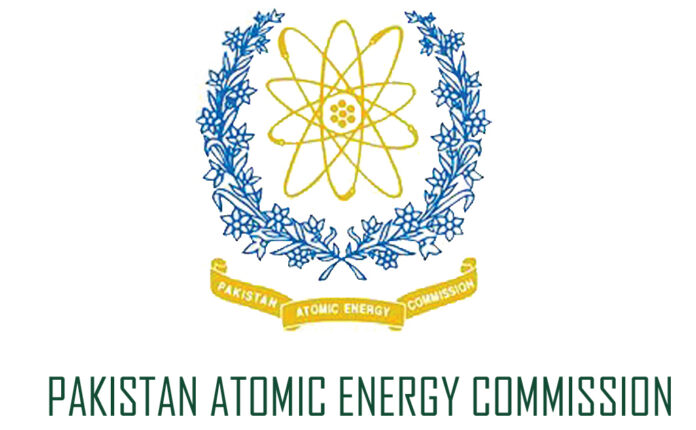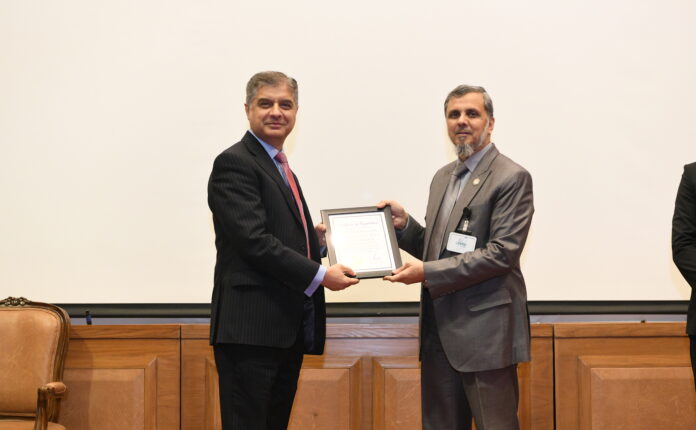The number of new cases of prostate cancer worldwide is expected to double over the next 20 years as rich countries age, according to a Lancet study published Thursday.
“Our research shows that the number of new cases will increase from 1.4 million in 2020 to 2.9 million by 2040,” according to the Medical Journal’s Demographic Change Report.
The researchers who conducted this study found a link between the increasing position in the age pyramid and global changes and life expectancy.
Prostate cancer is the most common cancer in men, accounting for about 15% of cases. It begins to appear after the age of 50 and increases in frequency when men get older.
According to experts, the incidence of prostate cancer is increasing in developing countries as life expectancy increases.
Compared to lung cancer or heart disease, public health interventions are less likely to affect these changes, he said.
For example, when it comes to the cause of lung cancer, genetic factors have less control than smoking. Although the relationship between weight and prostate cancer has been shown, the exact cause of this disease is still unknown.
In addition, because the disease is often diagnosed too late to ensure appropriate treatment, researchers recommend that health workers in developing countries should develop early screening.







